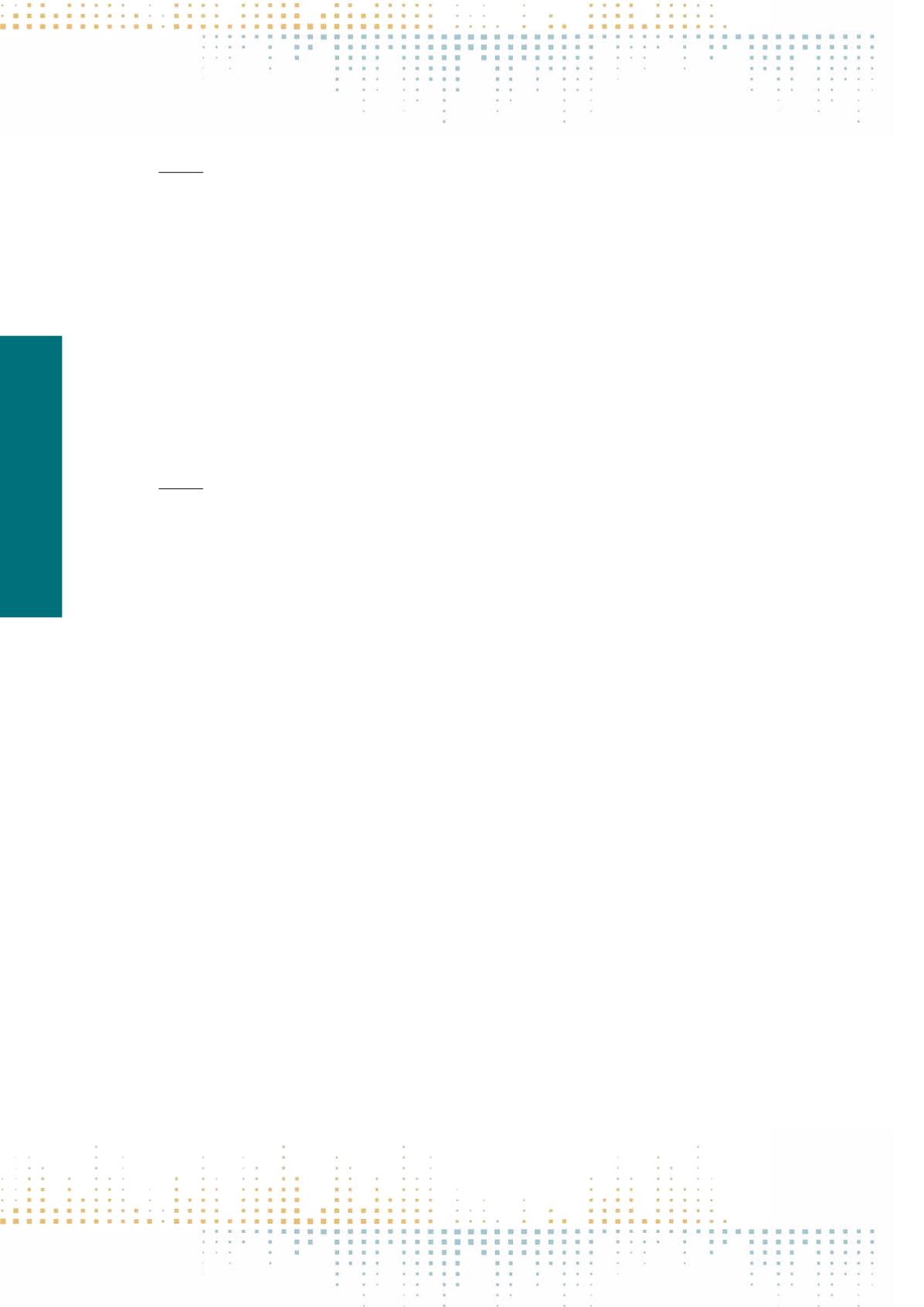

528
Friday, November 11
1 6 : 0 0 – 1 7 : 3 0
PP 353
Mobilized Participation in a Digital Age: Explaining the Power of Intrinsic and Extrinsic Motivations over Performing Political Actions
D. Lilleker
1
, K. Koc-Michalska
2
1
BournemouthUniversity, Faculty of Media & Communication, Poole, United Kingdom
2
Audencia Nantes, Business School, Nantes, France
Digital technologies offer opportunities for engaging in a wide range of civically-oriented activities. Whether liking or sharing political content, joining
online political communities or joining discussions, each can contribute to deeper democratic engagement and, for the individual, act as a pathway towards
further civic participation. Conventional acts of political participation, demonstrating, petitioning and voting, are argued to be driven primarily by feelings
of self-efficacy and empowerment as the individual feels they can have influence over decision makers. Little research explores whether similar motivations
drive participation in less conventional acts. Drawing on data from a survey among a representative sample of the UK electorate, we find the offline and on‑
line spheres of agency are fairly distinct. In terms of motivations, intrinsic and extrinsic motivations both matter but extrinsic motivations have the strongest
explanatory power independent of the sphere of activity. Given that a range of individuals and political organisations attempt to mobilise their supporters
via social media we tested for mediation of motivations. When factored into our analysis the mediating effect of mobilisation tactics has a minimal effect
on extrinsic motivations, online or offline, but online intrinsic motivations lose their explanatory power. This finding suggests many online political acts
are carried out due to mobilisation, but fundamentally lack meaning to the individual. We also found that campaign organisations are the most powerful
mobilisers perhaps suggesting social media users are most likely to perform simple acts in support of non-contentious causes. Overall this paper provides
insights into the driving forces that underpin the new forms of political participation.
PP 354
The Perception of Journalistic Risk – An Exploratory Study Assessing the Recipients' Perception of Risks Related to News Journalism
L. Badura
1
1
University of Münster/Westfälische Wilhelms-Universität Münster, Department of Communication/Institut für Kommunikationswissenschaft IfK, Münster, Germany
From a democratic-oriented view, journalism can be understood as one of the most important source for recipients when forming an opinion and making
political decisions. Hence, not only the advantages of news consumption must be considered, but also possible risks that might emerge from media usage.
Though there have been many studies assessing risk communication, possible risks of communication (in this case: journalistic coverage) remain unclear.
In this paper, it is argued that the connection of risks and journalism is inevitable for Reception Studies to broaden the understanding of the audience’s
perception. Considering risk as a precondition for trust might help to figure out possible reasons for the growing lack of trust in the media and how to handle
them. To examine how recipients can cope with the risks arising from news consumption, first these risks have to be defined. To assess possible risks related
to news journalism not a priori, but from the audience’s point of view, recipients were interviewed in two focus groups. They mentioned several risks, e. g.
getting wrong or incomplete information (which might result in manipulation of the recipient). Additionally, several causes for these risks were named,
such as the journalists’selection criteria or possible bias in (balanced) reporting. Beside the catalog of risks, one interesting result is that the consequences
of perceived risk can apparently be divided into two categories: those for the individuals and those for the society. For instance, some recipients did not
believe that news consumption can have any negative outcome for their private life, but might, overall, bear risk for the whole society. This idea is compa‑
rable to the mechanisms of a democratic voting: it is not only one voice, but the sum of all citizens’voices, that makes the (political) election consequential.
In a second step the exploratory analysis was conducted to analyze whether it can be assumed that risk perception is part of the audience’s daily news
consumption. The interviewees then realized that news consumption is, in general, not a very conscious action and that risks have to be more transparent
to possibly notice them in their daily life. This study shows that it is important to pay more attention to the recipients’view of journalism and the risks that
might be inherent. The construct of journalistic risk from the recipients’point of view seems to be appropriate to generate reasons for the decreasing trust in
mainstreammedia.Without any doubt, journalism studies have to further examine the impact of risks and precautions that might emerge from the percep‑
tion of risks (as checking some facts twice) to support the development of a society with more political responsible and active recipients.



















